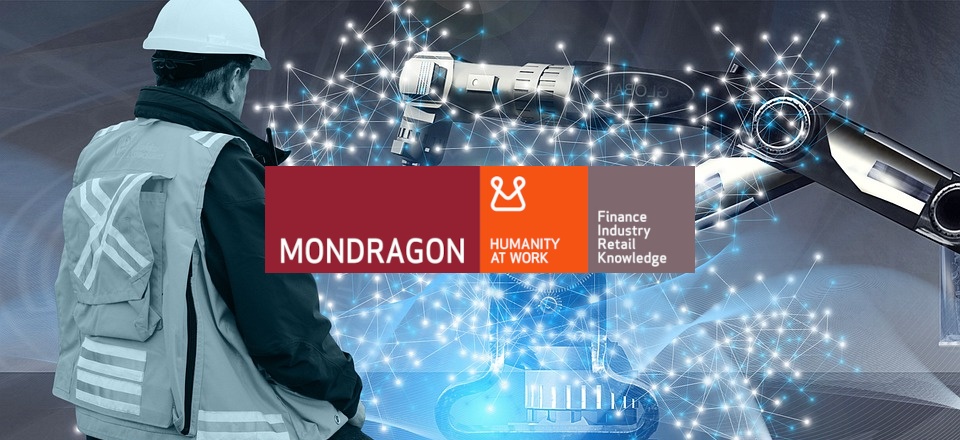How has MONDRAGON been contributing so far to the main EU research & innovation programmes?
At MONDRAGON Corporation—a world leader in the cooperative movement with almost 69,000 workers and 81 cooperatives across four business areas (industry, retail, knowledge, and finance)—we are highly active in R&D projects under EU research and innovation programmes. With more than 50 ongoing projects, we submit around 100 proposals per year, leading 15% of them. Our R&D projects involve the manufacturing value chain (e.g. the automotive or machine tool builder divisions) and leverage technological expertise from our eight R&D centres plus the Mondragon University. Among other challenges, these projects address digital and sustainability topics such as AI, edge cloud, IoT, data spaces, Digital Product Passport, recycling, lightweight materials, etc.
How do you understand the concept of “European digital sovereignty”, and what role do you expect open source should play in that?
At MONDRAGON Corporation we work with the triangle of knowledge involving the industrial value chain, the Mondragon University, and our eight R&D centres. It is through this unique combination of in-house capabilities that we address advanced technological challenges around Artificial Intelligence, standardisation and hybrid edge-cloud architectures by carrying out the open source developments and integrations that we need. At this point, the inclusion of advanced skills and talent is crucial for us to maintain our digital autonomy as a leading European industrial group, and incorporating open source solutions is essential for our technical teams to produce agile, resilient, and interoperable solutions for a changing market.
How important is it to foster a model of joint technological innovation for strengthening the global competitiveness of the EU industry?
Global competitiveness in the industry depends on the implementation of standard procedures, technological advancements, interoperability, and collaboration across the industrial value chain and with technology providers to enable agile responses and flexible manufacturing lines. At MONDRAGON Corporation, for example, we are developing standard solutions including the Reference Architectural Model for Industry 4.0 (RAMI 4.0) and its Reference Asset Administration Shell (AAS) standard. The flexibility of the AAS information model supports a wide variety of Industry 4.0 assets such as robots, drilling, boring or milling machines, sensors, 3D printers, CNCs, PLCs, SCADAs, and ERP/MES systems, to name a few. AAS applications can also encompass maintenance, information/data modelling, human-machine interfaces, production, simulation platforms, condition monitoring, troubleshooting, energy management, and safety and security.
Furthermore, collaborative business models are essential. In that sense, pan-European data space initiatives led by industrial actors like CATENA-X—an automotive open data ecosystem mirroring GAIA-X, where MONDRAGON is actively involved—enhance the automotive value chain and contribute to making the European industry more resilient. On the other hand, In EU-funded projects like Flex4Res we are developing an open platform for secure and sovereign data exchange along the supply chain that supports the reconfiguration of production networks. All these efforts are ultimately focused on consolidating our manufacturing capacities in a resilient way, which is crucial for maintaining high-quality production at efficient rates while reducing non-value-added activities.
How do you expect the new European highly-distributed, multi-provider cloud infrastructure that projects like the IPCEI-CIS are building to help your company speed up the adoption of the emerging Edge Computing paradigm?
It is crucial to implement sovereign and standardised cloud-edge-IoT solutions for the European manufacturing ecosystem, which is right now highly dependent on non-EU technologies and vendors. MONDRAGON Corporation, representing over 30 industry cooperatives within sectors such as automotive, industry components, and machine tool building, led the Advanced Application Workstream of the IPCEI-CIS during the proposal phase. As part of this strategic project, MONDRAGON is planning to deploy innovative Federated Learning services based on Asset Administration Shells (RAMI 4.0) and Artificial Intelligence to advance the European Manufacturing Data Space strategy through a seamless edge-cloud infrastructure.
These solutions will enable our manufacturing cooperatives to enhance and expedite the adoption of Digital Twins interoperability between heterogeneous cyber-physical systems and IoT platforms. Simultaneously, they will facilitate and streamline AI developments in a federated environment across multiple manufacturing locations and lines. This can be achieved by combining standardised data models from industrial devices as Digital Twins and secure data exchange within the industrial value chain; all that being deployed across the sort of hybrid edge-cloud environments that the IPCEI-CIS is expected to offer.
Technological challenges aside, what do you think is the main digital policy aspect related to cloud/edge computing that the EU should address in the short-mid term?
The primary goals for society include economic growth and sustainability, bolstered by technology and innovation, while upholding human rights and democracy. MONDRAGON fosters a cooperative identity, forming a business group with strong local roots that is profitable, competitive, and entrepreneurial. We are Europe’s best example of how an industrial cooperative can successfully operate in global markets through democratic methods, inter-cooperation, and social responsibility, merging the advantages of consensus with the unique human dimension of cooperatives to create a resilient and supportive industrial project.
The MONDRAGON Corporation aims to provide employment, facilitate the personal and professional growth of its workers, and contribute to community development, supported by innovation, advanced technical and business education, and social transformation. European digital policies should also be grounded in these principles to enhance productivity and the social commitment of businesses across different sectors. We look forward to further EU investments in AI and cloud-edge infrastructures for supporting the role that industrial cooperatives can play in boosting a socially committed, more resilient, and competitive Digital Europe.

Michel is a Computer Science Engineer, currently working as Senior Innovation & Technology Manager at MONDRAGON Corporation. The focus of his work is on innovative Research & Development projects in collaboration with the European Commission, such as Horizon 2020 and Horizon Europe projects in the fields of digital transformation with advanced technologies such as Cybersecurity, IoT, Artificial Intelligence and Industry 4.0. Prior to joining MONDRAGON, Michel has worked as an IT consultant at the European Software Institute, and he held various positions in the advanced computer sciences field, including developing R&D projects in collaboration with Tecnalia and the Virtualware Labs Foundation.
This guest blog post is part of a series of interviews with EU industry leaders and technology experts carried out by OpenNebula Systems as part of the NexusForum.EU project [2024–2026], a Coordination & Support Action co-funded by the 🇪🇺 European Union’s Horizon Europe research and innovation programme under Grant Agreement 101135632 and by the 🇨🇭 Swiss State Secretariat for Education, Research, and Innovation (SERI).



0 Comments